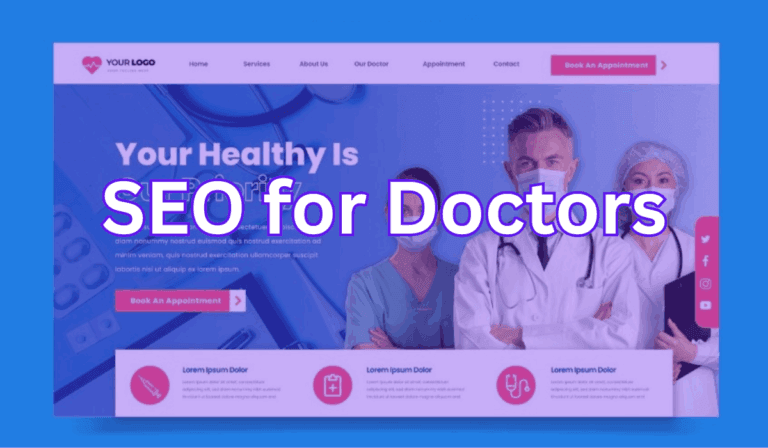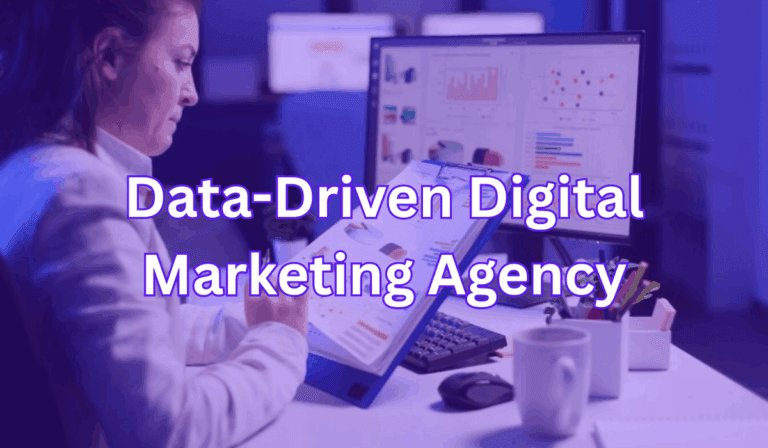Knowing what your client’s needs are is an essential element of any profitable marketing campaign. When you’re developing your brand from the bottom, starting from scratch, launching a new service, or adjusting the existing plan, Asking the right questions can help you create more successful strategies. What are the most effective questions for marketing to solicit from your customers? What are they that can help transform a product from average to outstanding? If you’re a business trying to improve connections and provide tangible performance, this guide is ideal for you. We’ll go over the essential questions to ask your clients and provide a detailed explanation of what they mean.

Why Asking the Right Marketing Questions Matters
Each client walks into the agency with their own set of objectives, issues, and needs. When you are asking those questions correctly at the beginning it’s a positive move towards understanding their needs. This will not only prevent miscommunication later, but it also guarantees that your campaigns coincide with their corporate goals.
If, for instance, your client is a proponent of community involvement and your campaign is focused on sales, then the result may not be as impressive. The process of discovery is thorough and helps lay the foundations for clarity, alignment as well as a more efficient project’s life cycle.
What Are the Client’s Business Goals?
One of the fundamental concerns that any agency must be asking is “What are your short- and long-term business goals?” If you do not know the definition of success for the client you represent is impossible to develop the right strategy.
A startup, for instance, maybe more focused on brand recognition, while a reputable company might concentrate on increasing conversions to e-commerce. Knowing these goals allows you to control all aspects of your marketing activities, from the audience selection to the message.
This can be taken one step further by breaking goals into distinct goals or milestones. Example:
- The goal for this year is to generate 1000 subscribers to newsletters in the next three months.
- Goal for the long term: Create an active social media community that is 50,000 active users in 1 year.
The clarity of these objectives allows you to evaluate your results and effectively communicate ROI.
Who Is the Target Audience?
The effectiveness of a marketing strategy is the best if it is aimed at. “Who is your target audience?” is one of the questions which is the foundation of the direction of your campaign and its the tone. If the client hasn’t decided about this then it’s up to you as a company to assist to define the concept.
You can ask them to provide the demographics of their ideal customers, behaviors, and issues. Are you targeting young professionals searching for productivity tools or parents in search of family-friendly meals? The more specific the information will be, the more successful your marketing campaigns will be.
In this case, instead of an audience of “women aged 25-45,” consider narrowing your target audience down by focusing on “women in their 30s who live in urban areas, value sustainability, and are looking for eco-friendly beauty products.”
If the customer isn’t certain which audience they want to target Consider conducting research such as interviews, surveys, or using tools such as Google Analytics to unlock data-driven insight.
What Role Has Marketing Played in Their Business Until Now?
When designing a forward-looking strategy, It is essential to know the fundamentals. Talk to the customer about their background in marketing to gain an insight into the things that have worked and which ones haven’t. Key follow-up questions might include:
- Do they know if they’ve previously worked for an agency?
- Which channels have proven to be successful in their respective areas (e.g., Social media or email marketing, as well as paid advertising)?
- What campaigns failed to meet your expectations Why did they not?
- Are there existing data analyses or reports that you can look over?
This type of question provides you with more information about the current situation which allows you to create strategies that are based on their previous experience.
What Is Their Brand Voice and Identity?
Being aware of the client’s identity and image will ensure the sameness across all marketing activities. Request your client to define their company’s brand using three terms. Do they sound “luxurious, modern, and bold”? Maybe “fun, accessible, and quirky”?
Invite them to provide images as well as tone of voice guidelines. For instance, a SaaS business may want to use elegant, non-jargon language, while an athletic wear brand is a leader in powerful and inspiring messages.
If your client does not yet have a clearly defined brand image This could turn into an additional service your company offers.
What Is the Client’s Budget and Timeline?
It’s not overstated how crucial it is to match your service to the client’s budget and timeframe. Although it may be uncomfortable when you discuss finances in the first place, having the information ahead of time lets you set reasonable goals.
Also, you should inquire about the timeframe for each project’s stage. An in-depth discussion will ensure that the team you’re working with has enough time to be efficient in their execution without making any compromises.
Examples:
- The budget-consciousness will determine the final product. Budgets that are limited could result in choosing one or two highly effective channels, like Facebook Ads and SEO.
- The timeline limitations could change depending on whether your primary focus is on speedy results or longer-term strategies.
What Metrics Define Success?
Each client has their own conception of what the definition of “success” looks like. Many are focused on branding impressions, while others are more concerned with the click-through rate and the growth of revenue. Your client should be able to define the most important metrics of performance (KPIs) that they’ll be using to gauge the performance of their campaigns.
A few examples of key KPIs are:
- Measures of traffic such as web page visits and pageviews.
- Engagement measures are similar to the number of shares on social media, comments, and even reactions.
- Conversion indicators like leads, sales, or downloading apps.
When you identify these metrics in the beginning you are able to monitor how you are doing and modify strategies as required.
How Will Feedback Be Managed?
Collaboration isn’t just about concepts, but also methods. The most important thing to inquire about is about how feedback is communicated. Do approvals originate directly from the client or will there be other individuals who make the decision?
Set expectations regarding changes, timeframes and workflows for approval will spare the project from potential bottlenecks in the future. Help the client commit to clear communications channels including regular checking-ins for projects, or on centralized platform.
Audience-Driven FAQs About Marketing Questions For Clients
1. What is the reason it’s important to take the time to inquire before the commencement of a new project?
Asking questions helps avoid mistakes, helps align visions and makes sure that the design of the campaign precisely aligns with the client’s objectives, goals and performance metrics. This provides a clear path that both sides follow.
2. How do I make sure I don’t leave out any vital concerns?
Begin with a standard questionnaire or a discovery template. Make it unique based on the specifics of your customer’s business and their specific objectives. Collaboration tools such as Konsolve are a great way to keep clarity in the center of your mind.
3. What can I do to ask budget-related queries without making it sound like I’m pushing?
Set the discussion by focusing on the sameness. As an example, “Understanding your budget allows us to recommend solutions that fit within your expectations and limitations.”
4. What do I do when a customer does not know who their client is?
If your client isn’t aware of the audience they are targeting, recommend conducting surveys, interviews or conducting competitor research. The offering of this service could also establish yourself as a strategic business partnership.
5. What’s the most frequent problem you face in working with customers?
Communication issues are among the most frequent issues encountered within the agency-client relationship. Be sure to establish clearly defined processes to communicate information and keep track of the progress.
When you ask the right questions and being attentive, you’re not only formulating a strategy for marketing. It’s forming a partnership with your customer that creates the groundwork for campaigns that are successful which yield meaningful outcomes.






